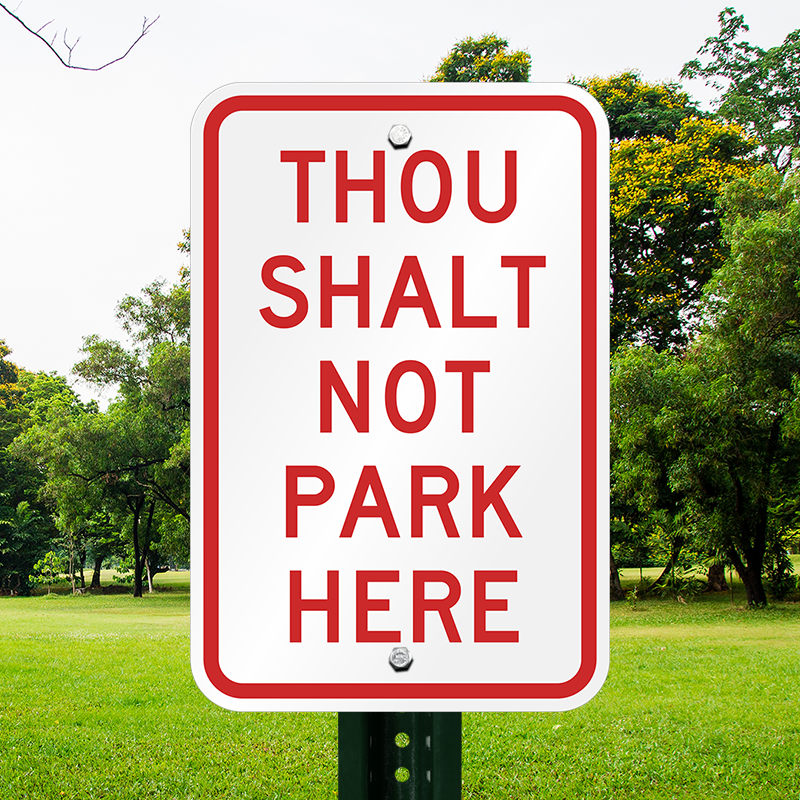Once, I had prepared a copy of "O Come, O Come, Emmanuel" for the men to sing one Christmas. And when I had passed out the music, one of them said almost immediately, "Uh oh. We're going to have to 'thee' and 'thou' this" and there was quick agreement from the others.
It was a little embarrassing, as I had copied the lyrics from the internet, and it hadn't occurred to me to check for "thee"s and "thou"s. But I was more than willing to change the lyrics to make everyone happy.
I'm sure this may sound silly to many of my readers who don't belong to my church, but this is what we're going to talk about today. This common occurrence may seem strange, but is not without explanation.
My church (the Church of Jesus Christ of Latter-day Saints) often uses "thee" and "thou" for two main reasons:
- We use the King James Version of the Bible, which uses "thee" and "thou." And all of our other scripture does so as well. Kind in mind that these other scripture were written in the early 1800's when "thee" and "thou" were still popular in religious texts.
- We are also taught to use "thee" and "thou" in our prayers as a sign of respect to God. It's also in practically all of the hymns in our hymnal.
Though, I must admit, myself, that the practice seems a little strange to me. Evidently, my church is the only one to do this -- or at least the largest English denomination to do so. Practically all other churches use the more modern "you."
But I get it -- speaking "thee" and "thou" is like flipping a switch in the brain -- it helps distinguish between our everyday secular speech from our more "holy" religious speech. It helps us out, even though people from outside of our church easily get distracted by it, and may sometimes use it as a source of ridicule.
From my knowledge, this linguistic phenomenon is mostly associated with English. Korean scriptures do something similar with archaic verb endings, which are no longer in use today. Spanish doesn't seem to do anything much differently, except for perhaps using the word "vosotros" a lot (where Mexicans have mostly dropped the word). I don't know much about any other languages.
In English, this is a tradition I've come to understand, and I'm more than used to it. Just this past week, I volunteered to give a prayer at a nondenominational Bible study lunch, and the "thee"s and "thou"s flowed without me even realizing. Nobody complained, though.
Sometimes, though, I've wondered if this "respect" sometimes serves to help push God away from us, making it a little bit harder to have a healthy intimate relation with Him. Also, changing "you"s to "thee"s and "thou"s and adding the corresponding verb modifications can often ruin rhyming schemes in hymns and songs.
So, a couple of years, I decided to research the history of "thee" and "thou" to get a better understanding -- and why we do this, and then I learned something surprising -- something that flipped my world around. It turns out that my understanding of "thee" and "thou" was entirely backward.
At any time after 1300, "thee" and "thou" were associated with common speech. And "you" was what the more sophisticated people used. "Thee" and "thou" was a way to talk down to someone -- the opposite of being respectful.
When Tyndale wrote his translation (and later the King's James Version) he decided to use "thee" and "thou" to help the scripture be more accessible to the common people. That is why common speech instead of the more sophisticated speech.
And later, what about the Puritans who would choose to use "thee" and "thou" in all their speech? It wasn't to honor God, but rather to speak simply -- adopt the common tongue in all their speech.
The idea of "thee" and "thou" becoming honorific language seems to have come from the 1800's -- the time in which Joseph Smith began our church.
So, there you have it -- everything you ever wanted to learn on the subject. I'm sure a linguist could school us even further, but I think these are the simplest parts to grasp.
What dost thou think?
